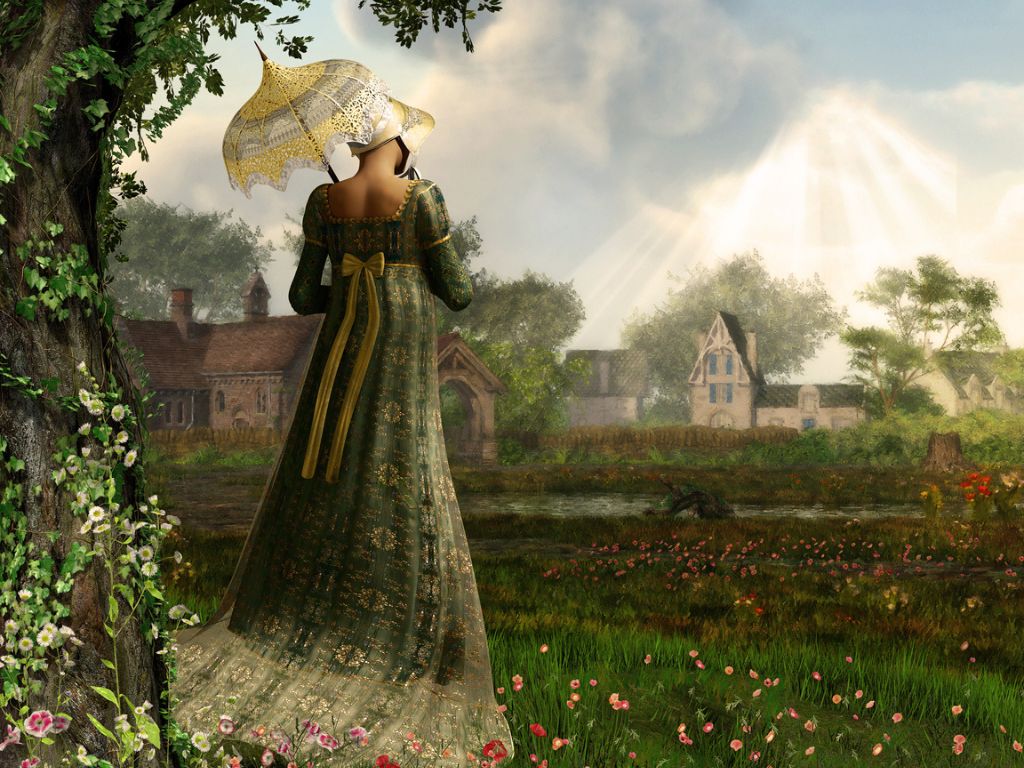Hi Everyone,
Since you asked, here’s the opening (Chapter 1, page 1) of The Fair Incognito, my new novel now in progress. I hope you enjoy.
❤
“Maman, where are we?”
“In the pages of a rich and splendid book.”
“I’m hungry.”
“Of course you are.”
“There’s only bread.”
“And cheese?”
“I could shoot something.”
“You could—”
“But we have no gun.”
“That’s right.” She nodded. “Ton papa took the flintlock fowler.”
“We have tea.”
“And tables full of—”
“Pirates. Thieves. Damsels in distress.”
“Oui, mon chéri, demoiselles en détresse.”
Lucy pulled both her sons into her hips, tight against her skirts, unsure how much to let them see or not to see. After all, it was her life now, their lives, and with Jean-Jacques sailing somewhere down the Ohio River and on to the Mississippi, she would have to find a way. She would have to put one foot after the next, food on the table, demand wages meant to have been paid to him. Or were they?
She would have to earn. But how?
As she manoeuvred her sons to the long table, balancing bread and sharp cheese, while sliding along the shared bench, she thought they’d come for dinner next time when the menu included meat, not supper — just bread really. A slight woman interrupted her thoughts.
“Casuals?” the woman asked.
“Casuals?” Lucy repeated, unsure.
“Temporary.”
“Yes.”
Lucy split the bread between Victor and Jean as her tea in its beaten cup grew cold. Victor put half the bread up his sleeve.
“For later,” he said.
“Indeed,” she answered with a nod.
While Victor and Jean studied the tired men, the frail women and the sullen children at their table and beyond, Lucy closed her eyes, lowering her head, resting her chin on her hand. The gingery smell of dirt sent her back to Crich Village, to the squeaky floorboards of a greenhouse, where a levered window blew open and closed. The wild tang of geraniums and potted earth filled the alms house.
Why shouldn’t, Erasmus had asked, a girl, anyone really, have an education? Who knew when she might need to look after herself, a husband, children? Anything could happen; she might even be penniless one day.
Destitute.
“No sleeping here.” The matron poked Lucy between the shoulder blades with a sharp elbow, taking away her half-finished cup at the same time.
“No.” Lucy turned, but the woman had already moved halfway down the line, collecting plates, saucers, cups — hers being the only one splashed to the floor.
As Jean slid from the bench followed by Victor, still asking about the firelock, claiming he would need it to feed them, Lucy considered the prospect of making money, which seemed as bizarre as trees walking.
Together, they moved on, one never letting the other go, up the dirt street and onto the boards of the uneven ground. Taking in the clammy smell of river, the high-pitched shriek of a steamboat passing, and a young lad pushing off from the docks, his song receding, “Wuk, wuk down de rivuh.”
Victor held his mother’s hand. Maybe Jean didn’t understand, but Victor did: they had come a long way from fine bone china, saffron-dusted trout and chocolates with tart cherry-fillings. A one-horse gig brushed close enough for Lucy to have to pull both boys back, and for one short breath she stopped, as if at knife point, to give up or to give in to that deep, dark scent of river, where she had once stepped off nearly twenty years ago, the world at her feet.
“Maman,” Jean said, “you can teach.”
TBC
Here’s wishing you a December, a holiday season, full of projects realised and dreams come true, as well as a list of gratitudes and a beckoning, hoped-for, shiny, wholly brand new 2024.
Love,
Marlene
Photo by ratpack223 | iStock
